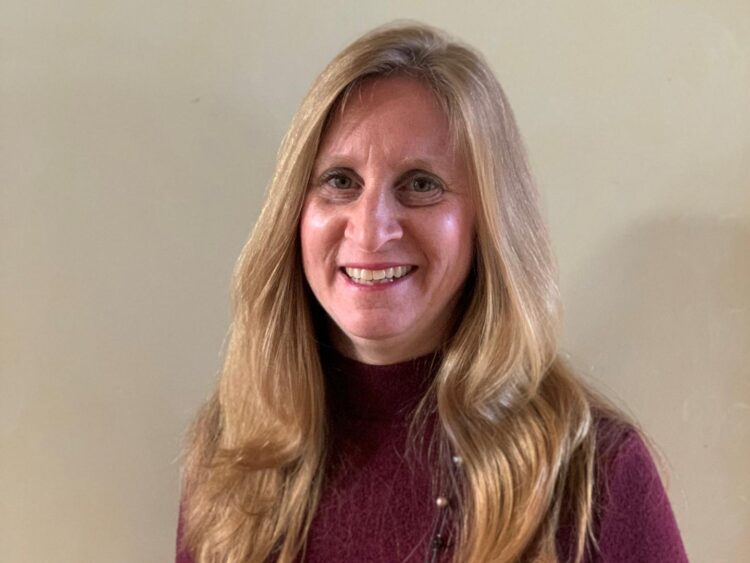PHILADELPHIA (June 16, 2021) – The current Medicare reimbursement policy for nurse practitioners (NPs) allows NPs to directly bill Medicare for services that they perform, but they are reimbursed at only 85% of the physician rate. A growing number of states are granting full practice authority to nurse practitioners. Even more states have loosened practice restrictions due to COVID-19. Both of these reasons illustrate why payment parity is essential.
In an article in The Online Journal of Issues in Nursing, Alycia Bischof, MSN, APRN, PNP-BC, Senior Lecturer at the University of Pennsylvania School of Nursing (Penn Nursing), argues that given the increased role of NPs (particularly during the pandemic) and their proven ability to provide care comparable to physicians, Congress should allow Medicare to increase the NP reimbursement rate to 100% of the physician pay rate.
“The COVID- 19 pandemic serendipitously led to the removal of many restrictions on NP practice, a positive change that needs to become permanent. This is the time for NPs to seize the opportunity to work with MedPAC to achieve full reimbursement for care provided,” she says.
In the article, she summarizes the evolution of the practice of NPs and the rationale for reimbursement parity for nurse practitioners. She also outlines the potential benefits of providing NPs with 100% reimbursement, including incentivizing them to practice in primary care settings where there is a shortage.
Bischof encourages nurse advocacy groups and researchers to direct future studies to investigate how full practice authority and the removal of practice barriers due to the COVID-19 pandemic have affected the level of care that NPs provide. “Such studies can then be used to support further evolution of reimbursement policy, if NPs indeed produce an equal or better product than physicians,” she says.
###
The co-author of the article is Sherry A. Greenberg, PhD, RN, GNP-BC, FGSA, FAANP, FAAN, of Seton Hall University College of Nursing. The article “Post COVID-19 Reimbursement Parity for Nurse Practitioners” is available online.
About the University of Pennsylvania School of Nursing
The University of Pennsylvania School of Nursing is one of the world’s leading schools of nursing. For the sixth year in a row, it is ranked the #1 nursing school in the world by QS University and is consistently ranked highly in the U.S. News & World Report annual list of best graduate schools. Penn Nursing is ranked as one of the top schools of nursing in funding from the National Institutes of Health. Penn Nursing prepares nurse scientists and nurse leaders to meet the health needs of a global society through innovation in research, education, and practice. Follow Penn Nursing on: Facebook, Twitter, LinkedIn, & Instagram.
Media Contact
ED FEDERICO
[email protected]
Original Source
https:/





